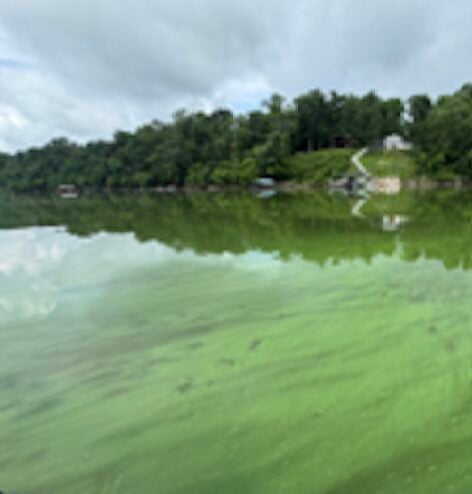By Tom Latek
Kentucky Today
According to data from the Kentucky Department for Public Health (DPH), COVID-19 cases are increasing across the state this summer, but Kentucky is far from being alone in that category.
The U.S. Centers for Disease Control and Prevention (CDC) reports infections are also growing in at least 38 states. Annually COVID-19 cases have risen in the summer. This has become known as the “summer surge.”
“New variants tend to drive a surge in cases,” said Dr. Bryant, associate medical director at the Louisville Metro Department of Public Health and Wellness and pediatric infectious disease specialist with Norton Children’s. “Fortunately, however, hospitalizations and emergency department visits for COVID remain low.”

There are several steps you can take to reduce your risk of getting COVID-19 this summer. They include:
• Stay up to date with COVID-19 vaccines. Although people who are vaccinated can still get the virus, staying up to date on vaccines significantly lowers the risk of becoming seriously ill. Updated 2024-2025 vaccines will be available this fall.
• Practice good hygiene. Cover your coughs and sneezes. Wash your hands well with soap and water. Use hand sanitizer with at least 60 percent alcohol if soap and water are not available. Use household cleaners that contain soap or detergent to remove germs and dirt on surfaces.
• Take steps for cleaner air. Increase airflow and bring as much fresh air into the home by opening doors and windows and/or using exhaust fans.
• You can resume normal activities when, for at least 24 hours, you no longer feel ill and your symptoms are mild and infrequent. You have not had a fever (and are not using fever-reducing medication.
• When you go back to your normal activities, continue to take added precautions over the next five days such as continuing steps for cleaner air and practicing good hand hygiene.
• You can also wear a mask, put six feet of space between yourself and others and get tested before you will be around other people indoors.
Health officials say these actions are especially important to protect people with factors that increase their risk of severe illness from respiratory viruses.

















